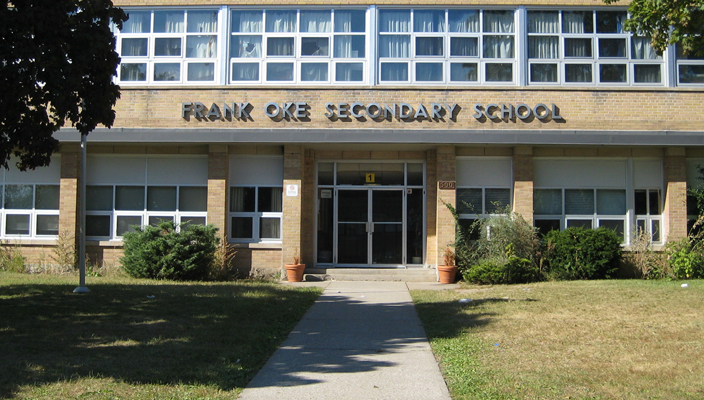Tips on Choosing a Secondary School for Your Child

Many parents are currently immersed in the business of secondary school selection for their children. The choice of school (or lack of it) can seem daunting, but the sooner you start gathering information about the secondary options available to you, the better.
The first thing is to understand that as parents, we have a right to state a ‘preference’ for a secondary school rather than actually having the right to ‘choice’. We learn this pretty quickly!
The second thing is that there is no one way to find out about a school, and parents are well-advised to use lots of different tools to get a sense of whether somewhere is right for their child. Here are some things to consider:
There are many different types of secondary school:
University Technical Colleges, Free Schools, Academies, Independent Schools, Faith Schools and so on. Find out what each of these mean and see which educational ethos fits with yours.
Some schools can select pupils on ‘aptitude’ so, if your child has a particular gift for music, art, drama, maths, or science for example, it is worth finding out which schools specialise in these fields, even if they are some distance away. However, bear in mind how gruelling endless aptitude tests can be for some children – some tests need to be taken while in Year 5 of junior school.
Even if a school is outside your catchment area, apply anyway. You will be surprised how much movement of pupils there is in the later years of secondary school, so even if your child doesn’t get offered a place in your preferred school straight away, they may well do within the first couple of years.
Many parents are daunted by the idea of schools that are far away from home, but remember that your junior school child will soon be a young adult, capable of undertaking complex journeys. It can just be hard to imagine this when showing your baby-faced 11 year old around a new school!
Try to find out about any changes and investment occurring at local schools; a failing school right on your doorstep may just be about to become excellent.
Go to the local area at the end of the school day and observe the pupil’s behaviour. Lots of police vans outside the school gates every day at 3pm might be a warning sign!
Read the school’s Ofsted report but keep an open mind; they are not the whole picture.
What is the school’s general reputation like? Ask local people and teachers about the schools in your area and read the local press for stories.
Ask how many students go on to University in the subject areas your child is interested in or, if your child wants to do some practical courses, see if BTECs and Diplomas are offered alongside A Levels.
Don’t hesitate to call or email schools and ask to speak to members of teaching staff or management if you have specific questions or your child has specific needs. Most schools will get back to you pretty quickly.
Open Evenings are one of your few opportunities to look around schools but you will hear the same speeches from Heads over and over again. It is more useful to chat to the pupils showing you around about things like bullying, and don’t forget to visit the toilets to get a real feel for a school!
When looking around, ask yourself whether the displays on the school walls look recent and relevant.
Check out the school’s core hours – some school days are longer than others and this may affect your choice.
Exam results are obviously key as they demonstrate academic success, but extra-curricular clubs indicate teacher’s enthusiasm and a school’s attitude towards less academic students can tell you everything you need to know about it’s ethos.
Do take the opportunity to visit schools during summer and winter fairs and attend school science days and plays etc if possible. This is a great opportunity to see the extra-curricular aspects of a school outside the somewhat stage-managed open evening events.
Look at the school website and read a couple of newsletters if they are available online. This gives you an indication of the language and tone used by the school.
Ask what happens to pupils after they leave the school; do they go to University? Work? Do pupils reach levels of attainment in line with your expectations?
Good luck

